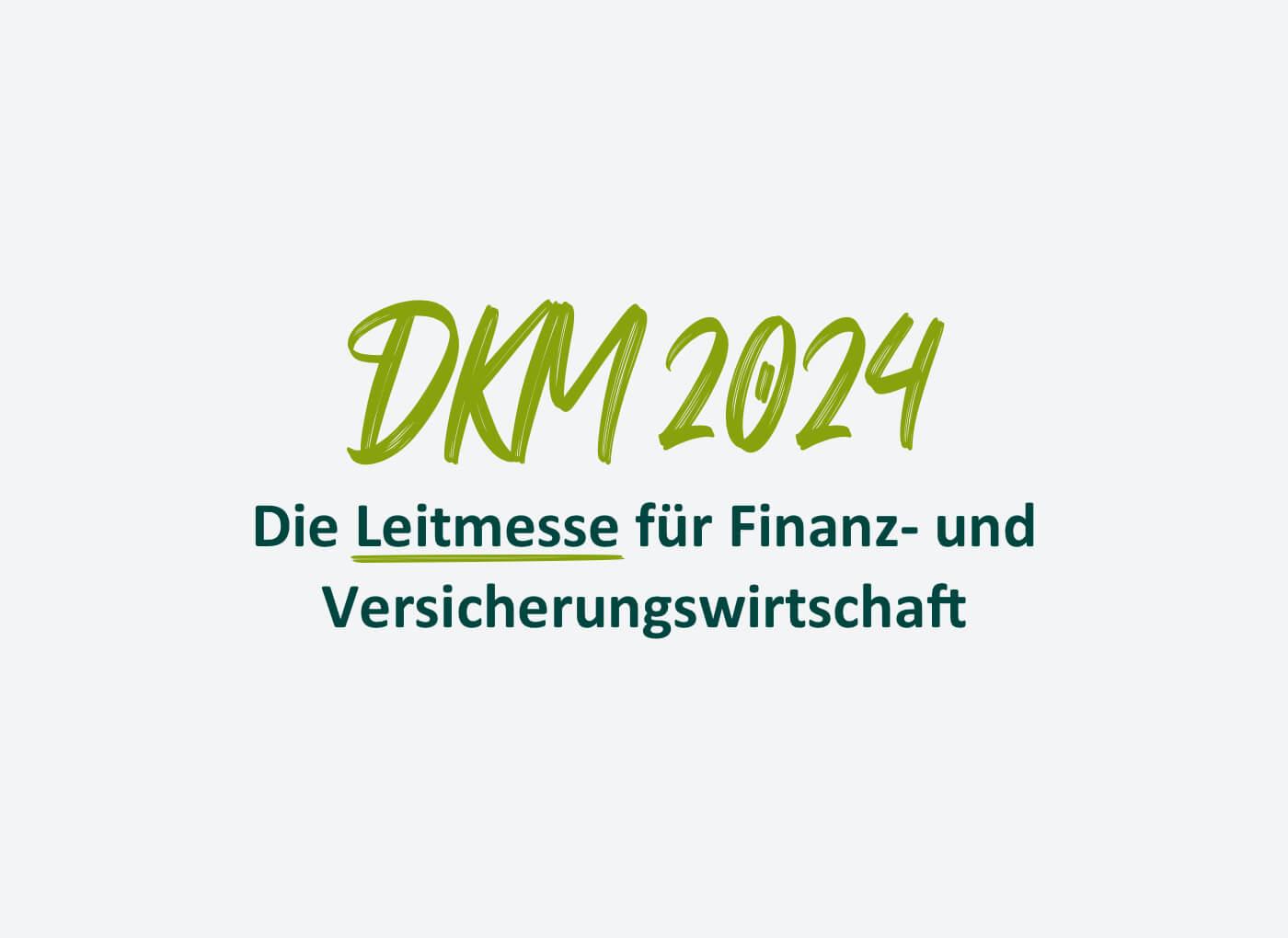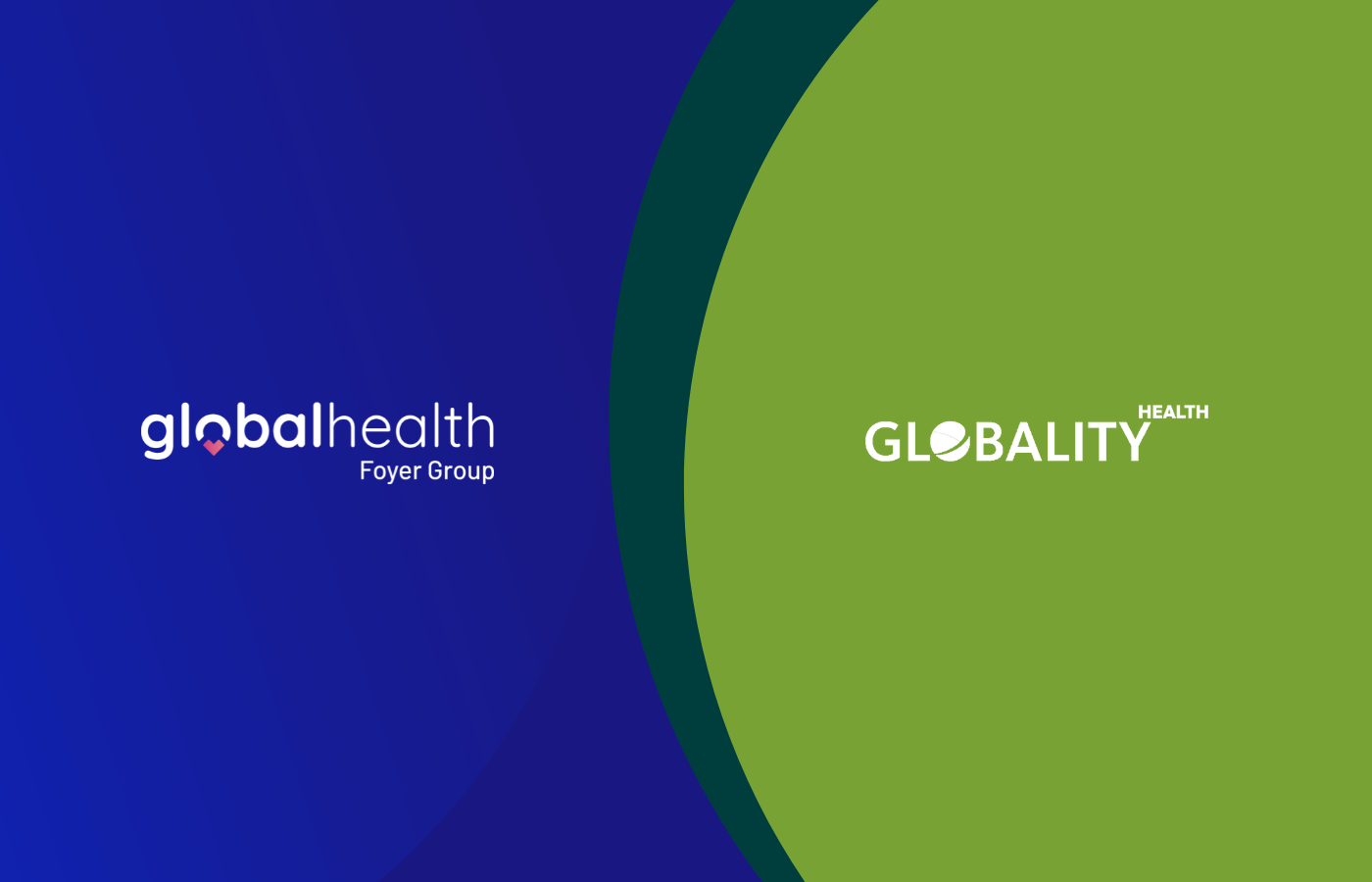
The Corona virus and the future of globalisation
Until now, global supply and value chains were considered stable and secure. This is no longer the case. The bad news: global networking is not unstoppable. The good news is that the epidemic may lead to a new phase of globalization, to "glocalization".
Trade fairs are being cancelled, schools are being closed, football matches are being played without spectators, the stock markets are registering price losses like they have not since the financial crisis of 2008/09. The corona virus (COVID 19) keeps the world in suspense and generates insecurity, both individually and collectively. What is new about the pandemic is its selectivity. While a common flu makes all those affected equally ill, the new virus mainly affects the old and weak. The economic and health consequences can hardly be predicted at present. Until now, global supply and value chains have been considered stable and secure. Globalised just-in-time production has minimised costs for everyone, companies and consumers alike. This is now over. The bad news: global networking is not unstoppable. The good news is that the epidemic may lead to a new phase of globalization, to “glocalization”.
Hyper-globalization was followed by de-globalization
The era of hyperglobalization is being replaced by the trend towards de-globalization. The growing global uncertainty since the financial crisis of 2008/2009 is driving the trend. The Brexit referendum in 2016 and the election of Donald Trump as US president one year later are its highlights. Since then, the new nationalist populists’ campaign against multilateral trade agreements and free trade has gathered momentum. The resulting increase in global uncertainty has fuelled the trend towards automation and robotics. In recent years, countries such as Japan, South Korea and Germany in particular have invested massively in robots.
The corona epidemic (COVID 19) is the symptom of increased global uncertainty. Trust in global supply structures has been shaken permanently. The costs of relocations or new production sites are becoming increasingly expensive. As a result, global economic networking with its international value and supply chains is either being reversed or slowed down. The relocation is affecting sectors such as chemicals, automotive and pharmaceuticals. The production of drugs and vaccines is suddenly regarded as safety-relevant. Economists fear a new protectionism and an end to globalization.
Will Trump’s re-election fail due to the virus?
The US economist Nouriel Roubini even predicts that Donald Trump will fail in the November elections due to the corona virus. The scarcity of public health services and inadequate protection of workers in case of illness contribute to accelerating the spread of the epidemic. However, anti-globalisation is the wrong measure to counter economic and health crises. Isolation is of little use if the majority of those infected remain symptom-free and thus undetected. Global society would be driven into a downward spiral economically and socially without being able to stop the epidemic. A sustained economic crisis would increase mortality rates, especially in poorer countries. In his latest book, “Factfulness”, Swedish researcher and bestselling author Hans Rosling has impressively demonstrated the extent to which life expectancy and prosperity are historically linked. The financial crisis has resulted in up to 500,000 additional deaths worldwide from cancer alone. Due to austerity measures in the healthcare system and insufficient insurance coverage, many patients could no longer be treated adequately.
Glocalization: Globalization plus decentralization
There is an alternative to deglobalization. We are talking about glocalization, a far-reaching decentralization of markets and value chains with simultaneous intensification of cooperative systems. “Glocalization” initially means decoupling business models from geographical areas. The technical instruments have long been invented and need only to be put into use: meetings and conventions on the Internet, home office and telemedicine. It is about digital infrastructures, collaborative platforms and social networks that make our lives more robust overall. Although the degree of the international division of labour is decreasing, economic benefits can still arise if production networks become more resilient. Secondly, glocalization means the expansion and improved cooperation of supranational institutions.
Health crises are increasingly crossing borders and have the potential to become an economic, social and political crisis. 20 years ago, most countries withdrew from the production of vaccines. Today, their production is in the hands of four major pharmaceutical companies. “Corona” clearly shows: Europe needs a common disease authority and vaccine strategy.
Not “either-or”, but “as well as” is the way forward. It’s about both: strengthening local and regional structures and global systems and institutions. Those societies that have always proved successful are those that cooperate with one another in a spirit of trust and do not fall into a state of collective fear and panic. Not only humans, but also global society can develop an immune system. Both we ourselves the world can grow through crises and come out of them stronger.
Daniel Dettling is a lawyer, administrative and political scientist and futurologist. He heads the Institute for Futures Studies, based in Berlin, Germany. He is a columnist for Globality Health and writes regularly about megatrends and current issues.






